
Summary – Sheikh Maqsoud and Ashrafiyeh neighborhoods offered sanctuary to up to 200,000 Kurds, minorities and Arabs, primarily Internally Displaced People (IDPs) – Neighborhoods faced over a decade of deadly assaults and economic embargo from Islamist opposition factions and Assad regime, policies continued by the new Syrian government – New assault by the Syrian Transitional
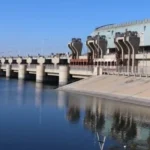
The policies of the Turkish occupation have caused severe damage to electricity production in the North and East Syria region, with electricity output dropping by more than 90 percent as a result of the direct targeting of power generation stations, in addition to the reduction of water inflows into the Euphrates River.
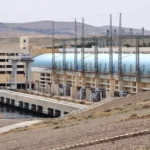
The Dam Administration in North and East Syria has announced its achievements for the first half of 2025, which included maintenance of equipment, testing of heat exchangers, replacement of transformers, and rehabilitation of ventilation networks, alongside ongoing efforts to restore Tishrin Dam.
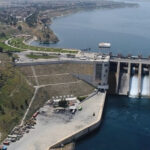
A drastic water shortage is bringing the Tishrin Dam in northern Syria to the brink of collapse. Experts warn of a collapse with serious consequences for electricity supply, agriculture, and public health.

In an exclusive interview with Medya News, Khoud Al-Issa, spokesperson of the Zenobia Women's Gathering in North and East Syria, outlines the current attacks against women in Syria and explains why the recent decision of the Syrian interim government to remove Queen Zenobia's name from the national curriculum must be seen as an attempt to erase the history of Syrian women.
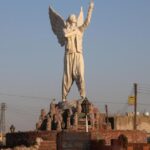
In the wake of the people's uprisings against despotic regimes in North Africa and the MiddleEast, the protests against the Assad regime in Syria also began in spring 2011. The Kurds in Rojava (Western Kurdistan), who had been oppressed for decades by the nationalist policiesof the Ba'ath dictatorship, demanded both a fundamental democratisation of Syria and recognition of their political and cultural self-determination. On 19 July 2012, the people of Kobane urged the Syrian military and the state apparatus to withdraw from the city. This was the beginning of the Rojava Revolution.
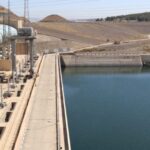
The Autonomous Administration of North and East Syria, that includes the Kurdish populated areas of Rojava, has stated that the Tişrin Dam at the Euphrates River is on the verge of collapse due to the intense attacks by Turkish military and affiliated jihadist-terorist groups. The administration emphasized that the destruction of this massive water resource in its region, with a capacity of 1.9 billion cubic meters, threatens the biological life in a long stretch of the Euphrates valley that is ecologically the most diverse landscape in that region. It has called on the international community to stand in solidarity before this major destruction takes place.

The majority of residents of northeastern Syria suffer from electricity and water shortage, especially drinking water. These problems are caused by the severe and continuous decline in the level of Euphrates River, and Turkey’s withholding of its water.
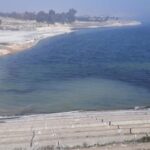
Tishrin Dam, on Euphrates River, in the countryside of Manbij, northern Syria operates for only six hours a day, after 85 percent of its lake water level was depleted.

Ever since devastating twin earthquakes hit Turkey and Syria on the night of 5-6 February killing over 50,000 people and displacing millions, the world’s attention has once again returned to the Turkey-Syria border. A catastrophe for all affected, it has been intensified for Kurds in Turkey and the Autonomous Administration of North and East Syria
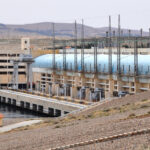
Tişrîn Dam started to work again on Wednesday after being stopped for a week. According to the new work program, there will be a reduction in the hours of electricity supplied to the region.
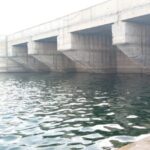
An administrator at the Tishrin Dam, on the Euphrates River in northern Syria, said on Wednesday that the dam was put out of commission after its reservoir hit dead level, which is caused by severe shortage of water flow from Turkey.












